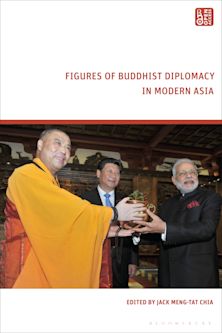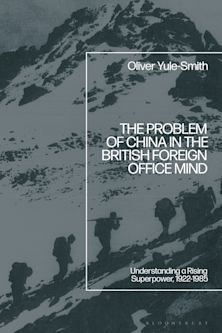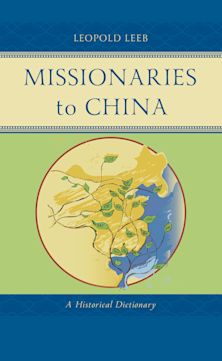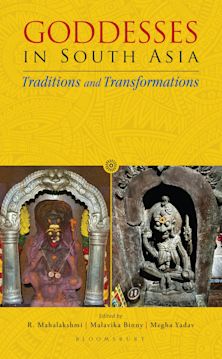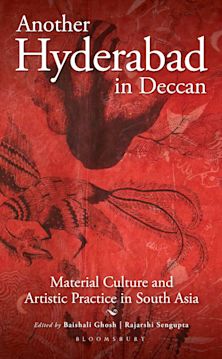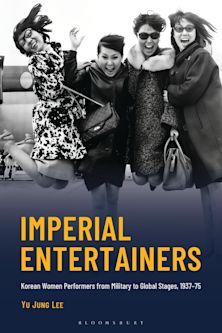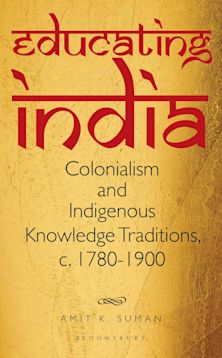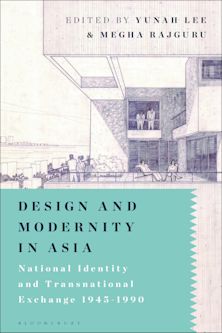- Home
- ACADEMIC
- History
- Asian History
- Regime Resilience in Malaysia and Singapore
Regime Resilience in Malaysia and Singapore
Greg Lopez (Anthology Editor) , Bridget Welsh (Anthology Editor) , Greg Lopez (Contributor) , Bridget Welsh (Contributor) , R. Rueban Balasubramaniam (Contributor) , John Funston (Contributor) , David Martin Jones (Contributor) , Clive Kessler (Contributor) , Gaik Cheng Khoo (Contributor) , Mohamed Ariff (Contributor) , Terence Lee (Contributor) , Lee Soo Ann (Contributor) , Lily Zubaidah Rahim (Contributor) , A.B. Shamsul (Contributor) , Bilveer Singh (Contributor) , Ross Tapsell (Contributor) , Wee Chong Hui (Contributor) , Meredith L. Weiss (Contributor) , Amanda Whiting (Contributor) , Steven CM Wong (Contributor)
Regime Resilience in Malaysia and Singapore
Greg Lopez (Anthology Editor) , Bridget Welsh (Anthology Editor) , Greg Lopez (Contributor) , Bridget Welsh (Contributor) , R. Rueban Balasubramaniam (Contributor) , John Funston (Contributor) , David Martin Jones (Contributor) , Clive Kessler (Contributor) , Gaik Cheng Khoo (Contributor) , Mohamed Ariff (Contributor) , Terence Lee (Contributor) , Lee Soo Ann (Contributor) , Lily Zubaidah Rahim (Contributor) , A.B. Shamsul (Contributor) , Bilveer Singh (Contributor) , Ross Tapsell (Contributor) , Wee Chong Hui (Contributor) , Meredith L. Weiss (Contributor) , Amanda Whiting (Contributor) , Steven CM Wong (Contributor)
This product is usually dispatched within 1 week
- Delivery and returns info
-
Free CA delivery on orders $40 or over
You must sign in to add this item to your wishlist. Please sign in or create an account
Description
Prominent scholars across the political divide and academic disciplines analyze how the dominant political parties in Malaysia and Singapore, United Malays National Organisation (UMNO) and the People’s Action Party (PAP), have stayed in power. With a focus on developments in the last decade and the tenures of Prime Ministers Najib Tun Razak and Lee Hsien Loong, the authors offer a range of explanations for how these regimes have remained politically resilient.
Table of Contents
Bridget Welsh & Greg Lopez
Chapter 2 Change without Change: Malaysia after GE13
Bridget Welsh
Chapter 3 Change and Elections: 1969 and 2013 Similarities
John Funston
Chapter 4 After GE13: What happened and what now?
Clive Kessler
Chapter 5 Bersih & Civic Empowerment in Malaysia
Gaik Cheng Khoo
Chapter 6 Gaps Between the Singapore Government and the Electorate
Bilveer Singh
Chapter 7 Policy and Political Reform in Singapore
Lily Zubaidah Rahim
Chapter 8 PAP’s Communication Strategy
Terence Lee
Chapter 9 New Media, Old Rule in Malaysia
Ross Tapsell
Chapter 10 The Curious Incident of the Seditious Dog Training Video
Amanda Whiting
Chapter 11 Malaysia’s Management of Petroleum Resources
Wee Chong Hui
Chapter 12 The Politics of Malaysia’s B40
Steven CM Wong
Chapter 13 Managing the Malaysian Economy after GE 2008
Greg Lopez & Mohamed Ariff
Chapter 14 Economic Growth, Democratic Participation and Social Welfare in Singapore
Lee Soo Ann
Chapter 15 Representation, Literacy and ‘Gladiatorism’ in Malaysian politics
A.B. Shamsul
Chapter 16 Coalitions in Malaysia – Comparing Party Networks and Dynamics
Meredith Weiss
Chapter 17 Dislodging Malaysia’s Culture of Domination
R. Rueban Balasubramaniam
Chapter 18 Rule by Law in Malaysia and Singapore
David Martin Jones
Chapter 19 Conclusion: Challenges to Resilience in Malaysia and Singapore
Bridget Welsh & Greg Lopez
Product details
| Published | Sep 15 2018 |
|---|---|
| Format | Hardback |
| Edition | 1st |
| Extent | 328 |
| ISBN | 9781498575843 |
| Imprint | Lexington Books |
| Illustrations | 2 BW Illustrations, 4 Tables |
| Dimensions | 239 x 161 mm |
| Publisher | Bloomsbury Publishing |
About the contributors
Reviews
-
It happens every now and then in history that the significance of a book changes radically between the time of writing and the day it reaches the bookshops. This book is undeniably one of them. The ruling coalition in Malaysia that had governed the country since independence in 1957 lost the general election on May 9, 2018, just before this book went to print. Understanding Malaysian politics and the impact on the region of the silent revolution that its 2018 general election amounts to will require studies of the breadth and depth that this collection of articles provides. In the case of Singapore, this volume promises to contribute to debates about the degree of symbiosis that exists between the two countries.
Dato' Dr Ooi Kee Beng, Penang Institute, Malaysia
-
This book’s interesting survey of dynamic pressures and challenges necessitating political responses in Malaysia and Singapore adopts a variety of explanatory approaches for explaining regime durability. This renders the volume a particularly valuable resource given the unexpected 2018 fall of government in Malaysia when the book was in press. Comparisons between Singapore and Malaysia, and debate about the right frameworks for analyzing them, become all the more important now for the general study of authoritarian regimes.
Garry Rodan, Murdoch University
-
Hybrid regimes, competitive authoritarian regimes, single-party dominant systems—they go by many names. But at base, they involve a selective adoption of democratic procedures in order to substantively avoid democratic outcomes. In this way, they often display more efficiency and resilience than do harsher forms of authoritarian rule. Thus, they readily attract the scrutiny of scholars and the admiration of autocrats. Two countries in particular, Malaysia and Singapore, have shown the kind of resilience that hybrid regimes can attain, having lasted for forty-four and fifty-five years respectively. This volume analyzes these records. It draws on the deep expertise of eighteen scholars who, from multiple angles, identify the modes by which the operators of hybrid regimes have implemented controls and exploited structural conditions, greatly prolonging incumbency. But even more than this, the contributors show with skill and prescience the mounting challenges that these regimes in Malaysia and Singapore have faced. This authoritative and highly readable volume, then, the first to systematically compare the political dynamics of these two country cases, will fascinate students interested in authoritarian durability and the likely trajectories of democratic change.
William Case, University of Nottingham, Malaysia












